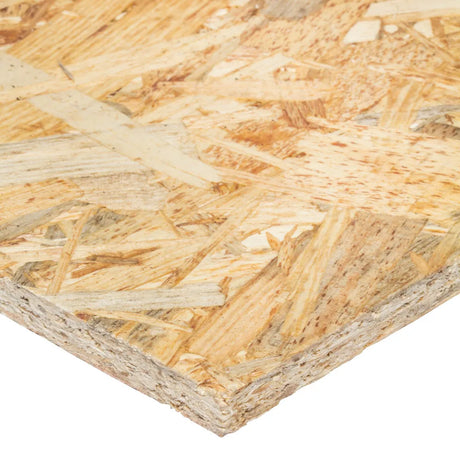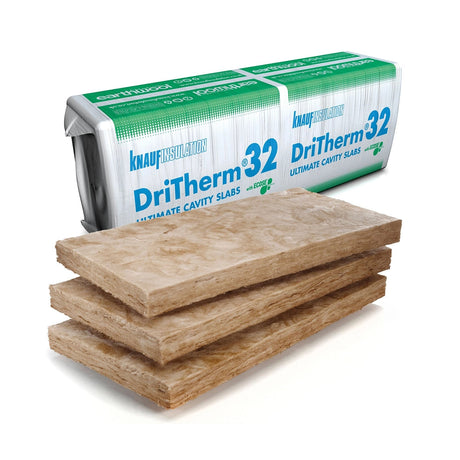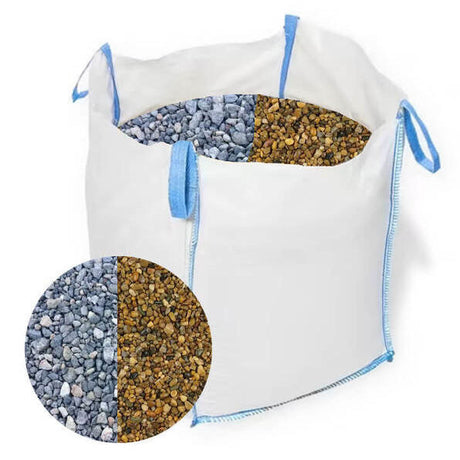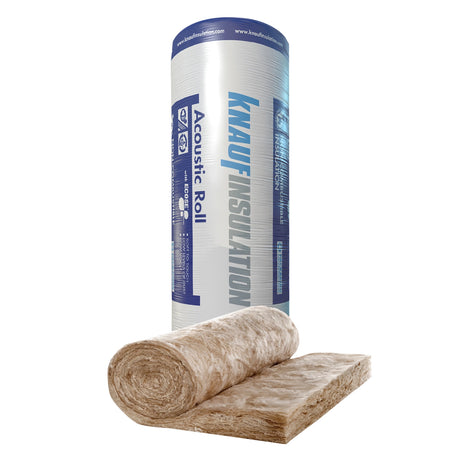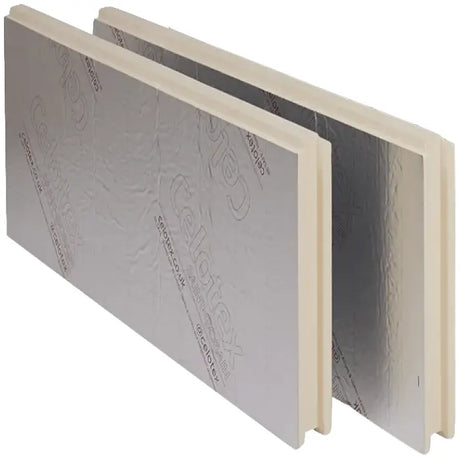When starting a building project, you might find that your builder recommends you need a specific type of timber joist, typically C16 or C24 joists. We sell a wide selection of graded structural timbers, such as 3x2, 4x2, and 6x2 timber as well as many other sizes. But what do these grades mean? And which one do you need for your project?
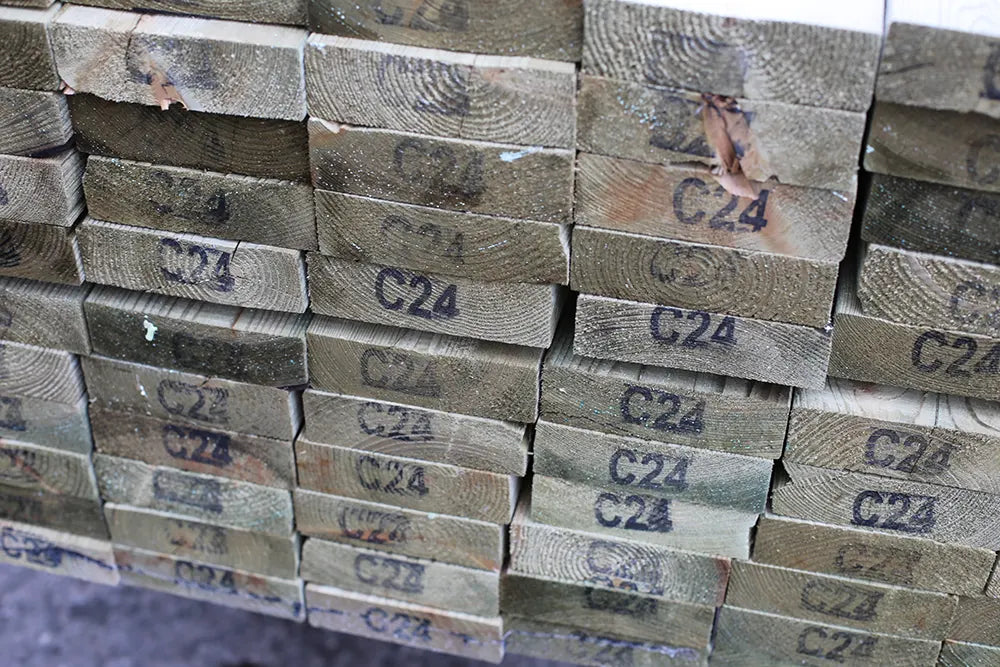
What does C16 and C24 Mean?
Both C16 and C24 graded timbers are two of 12 numbered grades, but C16 and C24 are the sizes most commonly found in the UK and are defined by the British Standard BS EN 338. This is a standard used by Architects, Civil engineers, Timber graders and Sawmills to ensure the correct timber is used in construction projects. These timbers are kiln-dried softwood timbers (which is simply a method of drying the timber to ensure as much moisture is removed from the timber as possible) with different strength gradings.
The “C” in C16 and C24 timber simply stands for “Conifer” as these timbers are cut from Coniferous trees, and the number refers to the bending strength of the timber (N/mm₂) - reflecting how much stress a length of timber can withstand. This is relevant where building regulations are concerned, as it is particularly important to know how much weight or pressure a length of timber can withstand. To ascertain this grade, the timber is either graded visually by qualified graders or more commonly, machine-graded. Accordingly, the higher number means that C24 has a greater bend strength than C16.
What is the Difference Between C16 vs C24?
So what is the difference between C16 and C24 timber? Whilst C16 is still a strong and versatile timber suitable for many projects, the greater bend strength of C24 means it is more suitable for heavy load-bearing projects such as roofing and floor joists.
This strength grading is ascertained by several different factors, most typically:
- Presence of knots & imperfections (which naturally mean weaker spots and less strength)
- Wood grain - including splits or direction of the grain
- The growth rate of trees from which it was cut
- Holes or other insect damage
Some things that affect the strength grading of C16 and C24 timbers can also affect the aesthetics of them too - as knots, deviations in grain or imperfections can contribute to a lower strength grading. As a result, C24 tends to typically be smoother with fewer knots or imperfections in the wood, which may impact your choice.
Finally, it’s often the case that C16 timber is grown locally in the UK, whereas C24 timber is often imported from Europe due to the specific grading requirements - this can often affect the cost of C24 timber in comparison to C16.
Do I need C16 or C24 strength Timber?
Whilst we’d always recommend listening to your builder, architect or project manager as they are most likely to be aware of the specific regulations that apply to your project, C16 timber joists tend to be the most commonly used timber unless specific strength requirements are needed - such as in roofing and wall framing projects.
Building regulations may demand a certain grade, so always consult your builder, engineer or architect on which timber is best suited to your requirements.

What is C16 Timber Used For?
As mentioned previously, C16 Timber is a commonly used grade of timber for building projects, especially non-commercial projects. Despite not having the strength of C24 timber, it is still a very strong timber suitable for a variety of applications, particularly wall construction, flooring and roofing.
It is often recommended for indoor use - such as partitioning, joists and stud work, however, it can be used for outdoor projects such as decking, as long as you select a treated timber.
What Should C24 Be Used for?
Much like C16 timber, C24 joists are commonly used for indoor projects, but where additional strength and durability are required - for example - projects that require particularly long lengths often call for C24 timber to be used to ensure adequate strength and load-bearing.
C24 Timber is most often used for roof rafters and flooring joists, as they typically need to support a lot of weight.
Do I need C16 or C24 to build Decking?
Though all building projects will depend on their specific circumstances and intended use - typically both C16 and C24 can be used for home decking projects, as C16 is the minimum standard required - though if the decking is built for commercial purposes it may be advisable to use the more durable C24 timber. Whichever you choose to use, it’s important to select a treated timber for outdoor projects to ensure the appropriate resistance to moisture, temperature changes and pests.
As always, we recommend checking with your builder, architect or project manager to ensure you have the correct timber for your project.
If you are building a deck, why not check out our great prices on treated timber decking boards, too?

Do I need C16 or C24 for Roofing?
For roofing projects, consulting with your architect and builder is always advisable to ensure you are following the correct standards for building, but as a general rule, in roofing projects, C24 is used for rafters and joists due to the greater strength required. Some roofing projects may be suitable for C16 timber, or even a mix of both grades.
Do I need C16 or C24 to build a Stud Wall?
For interior wall construction projects, C16 Timber is the most commonly used timber, as it is still very strong, but typically has greater imperfections. This tends not to be a problem as the timber is hidden once the walls are constructed anyway. However, in some specific projects, a greater strength may be required which may demand the use of C24 timber. As always, it’s recommended to consult your builder, engineer or architect for advice that relates specifically to your project and the building regulations surrounding it.
Where Can I Buy C16 and C24 Timber?

Right here! We have carefully sourced a selection of quality C16 and C24 graded structural timber in a range of sizes and treatments that are suitable for your interior and exterior construction projects, alongside a multitude of other online building supplies, and we deliver all over the country!
Looking for something specific that we don’t have online? You can always call us at 01156976800 or contact us via email at sales@diybuildingsupplies.co.uk and our team will do their best to help.



